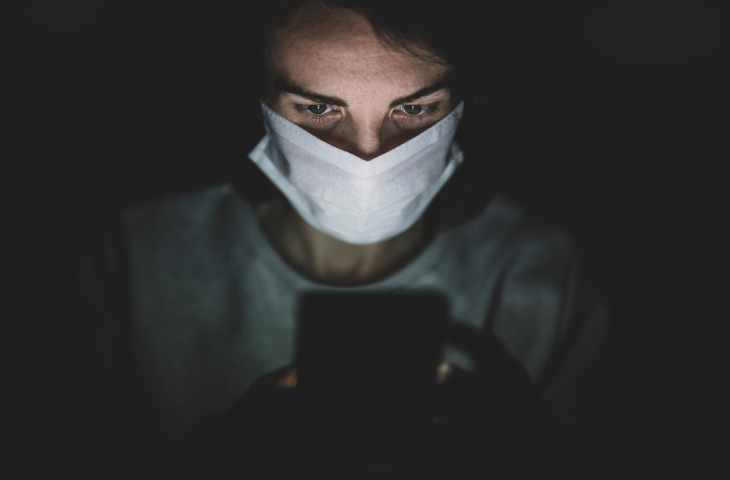There’s no question that 2020 has been a tough year, Australians experienced heightened states of anxiety, fear, and panic over the bushfires, and then COVID-19. It’s perfectly normal, and expected for people to experience high levels of anxiety and worry during a pandemic, and for most those feelings will subside over time as the virus is contained. That said, it’s expected that there will still be a significant number of people who may experience long term anxiety, particularly those who have worked on the front line of the pandemic, like health workers and retail workers, and those who have lost jobs, or have been stood down. Others at potential risk of long term mental health issues include those who have been in quarantine, those who suffered COVID-19, as well as their loved ones.
What can you do?
Take Care of your Physical Health
We already know that eating a variety of healthy foods and getting regular exercise is a great way to stay physically healthy, but it’s also an incredible support for your mental health, particularly in times of high stress. The problem is that for those who are struggling, eating well and exercising can seem like the last thing in the world they want to worry about. Try to commit to at least a little exercise each day (socially distanced of course), like a walk in the park, or even finding some workouts on YouTube to try at home. Try to get a good night’s sleep and fill yourself up with nutritious food that will benefit both your body and mind.
Keep in Touch
One of the biggest stress factors for many during COVID-19 has been the feeling of disconnection and lack of human interaction. Separation from friends and family, and the shift from working as part of a team to working alone at home can have a huge impact on your mental wellbeing. Try to stay connected to friends and family as best you can, there’s a reason ZOOM happy hours and dinner parties are taking off!
For those working remotely, be sure to schedule regular online meetings with the team, even if there’s not anything in particular to catch up on, regular check ins can make all the difference. It will also make it much easier once you’re all heading back in to the office and getting used to physically being around each other again.
Maintain a Routine
Humans are routine driven creatures, and we’re used to having routines guide our days. Especially for those working at home, maintaining some structure and a routine offers some stability when everything else seems so out of whack. It’s all too tempting to stay in your pyjamas and work from bed or the couch but it’s important to behave as close to how you did before in order to have that sense of achievement we crave at the end of each day. Getting up, showering and getting dressed for work, even if it’s just four steps away from the bed is a huge step towards a successful and productive day.
Take your Breaks!!
Take it easy on yourself and take your breaks, even if it’s just to pop downstairs to grab a cup of coffee, or to quickly call your Mum (she’ll really appreciate it!), take the breaks! Whatever you do, use your breaks to take a minute for yourself, whatever works for you.
Support your Team Mates
At a time like this it’s crucial to keep an eye out for others, and because we spend more time with our coworkers than anyone else it’s important that we keep an eye on our team. People who are struggling with their mental health will often work extra hard to hide it at work for fear of it being seen as weakness, or misunderstood.
Keep an eye on your coworkers, and reach out if you think they might need help. Don’t be afraid to ask, if you’re wrong, and they’re ok, now they know that you care!

Get Help
During times of high stress, anxiety, and panic it’s important to talk to friends, family, or coworkers about how you’re feeling. You will likely find that you’re all feeling a lot of the same things, and that can be really comforting.
If you feel the need to talk to someone there are a number of support services available to help. A great place to start is Head to Health, you can visit their COVID-19 support page here. They have resources for everything from how to handle financial stress during this time, information on maintaining a healthy lifestyle, how to stay positive, and access to mental health services.
Beyond Blue has also launched an online and phone service dedicated to COVID-19, access it here and you will find a huge pool of helpful resources and support.
You can also find helpful support and information from Headspace and Black Dog Institute.
If you find yourself feeling anxious or depressed for an extended period please visit your health professional.

